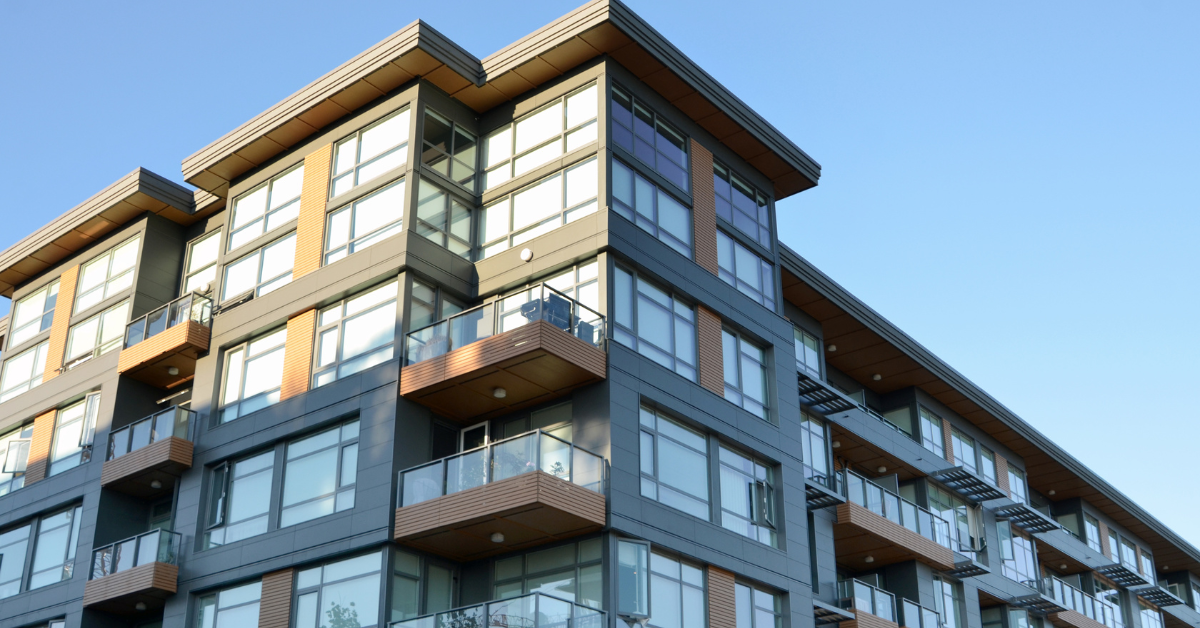
New Bills Offer Housing Affordability Incentives to Landlords and Developers
Effective as of December 13, 2022, two new bills are creating tax incentives that may encourage new or rehabilitated housing to be rented at more affordable levels. 2022 PA 236 and 237 create the Attainable Housing Facilities Act (MCL 207.901-.916), and the Residential Housing Facilities Act (MCL 207.951-.966).
Housing Districts
These acts allow local government municipalities to create “housing districts” in which owners of rehabilitated or newly built rental housing property are able to obtain tax benefits on ad valorum property taxes if they can meet certain requirements. This may especially benefit landlords of smaller commercial properties such as duplexes, triplexes, and fourplexes.
Here are the details:
- The tax benefit is only possible in qualified districts under the act.
- Housing districts can be created by a municipality or requested by owners of at least 50% of the taxable value of the property located within a proposed district.
- Under both laws, the properties must be rented to households with not more than 120% of the median household income for the county in which the property sits.
- The rent may not exceed 30% of the household’s income.
- Attainable Housing Facilities Act: 30% of the units must be rented to those with not more than 120% of the median household income for the county, and the property cannot consist of more than four units.
This tax benefit is given in the form of a certificate by the local municipality, and applies to new facilities constructed after the effective date of the act, or rehabilitated facilities which are existing attainable housing properties that the investor has put at least $5,000 into the renovation under the Attainable Housing Facilities Act and $50,000 under the Residential Housing Facilities Act, which is determined by the local government, which is to bring the property into conformance with code. These certificates are transferrable if allowed by the municipality.
Example in Practice
An example of how this may work in practice is as follows: A property investor purchases a dilapidated fourplex in Detroit in a “housing district” and renovates the property, bringing the property to like-new condition. The median household income for Wayne County is $52,830 according to Census.gov The landlord decides to rent to families with a household income of $60,000, which would be within the 120% cap of $63,396. The monthly rent, in order to qualify, would need to be no more than $1,500 per month, which is 30% of the household’s monthly income of $5,000, in order to qualify. Additionally, for that fourplex, the landlord would have to rent at least one other similar household in order to meet the 30% requirement and qualify under the Attainable Housing Facilities Act.
Tax Benefit Details
Let’s talk about tax benefits. The tax benefit is not applicable to the land upon which the qualified facility is located, just the qualified facility itself, which is exempt from ad valorem property taxes collected under the General Property Tax Act. Instead, the property is taxed a new tax known as the attainable housing facilities tax on these facilities.
This tax is determined “each year by multiplying 1/2 of the average rate of taxation levied upon commercial, industrial, and utility property upon which ad valorem taxes are assessed as determined for the immediately preceding calendar year by the state board of assessors under section 13 of 1905 PA 282, MCL 207.13, by the current taxable value of the new facility after deducting the taxable value of the land.” MCL 207.910. This tax is paid at the same time and in the same installments as property taxes are paid.
These benefits have the potential to create lasting affordable housing incentives, especially for investors that invest in small multi-family properties. Additionally, if investing in a high-income county, the rent caps necessary to meet this threshold might be much higher than expected, allowing both a healthy profit for investors and affordable housing for renters. We will continue to keep tabs on this new body of law as it continues to evolve. If you have any questions regarding this new process, contact Attorney Denise Medina at (248) 380-0000, or fill out our free claim consultation form.
